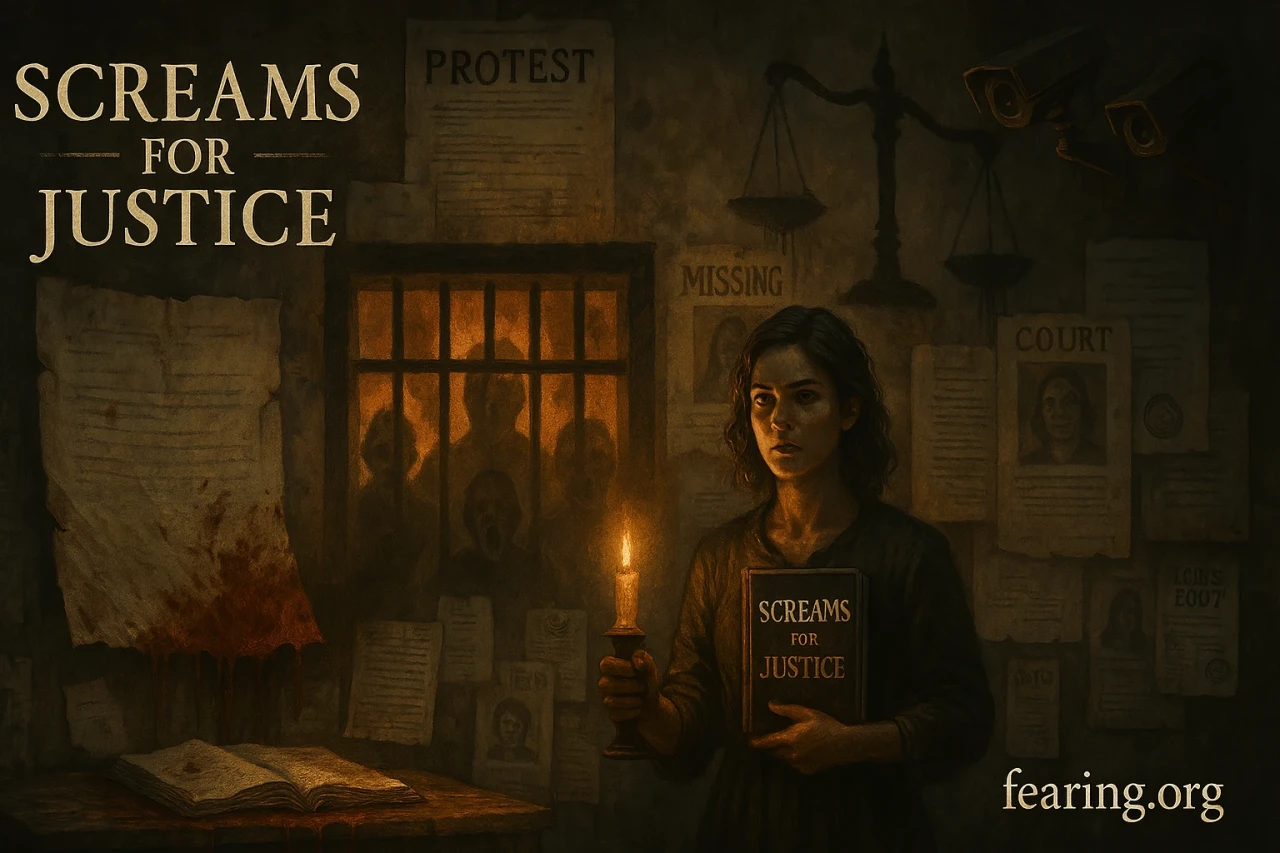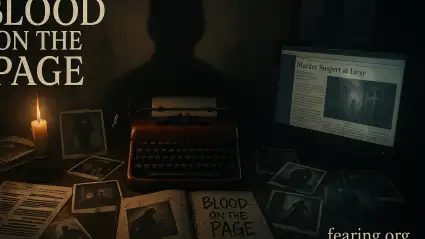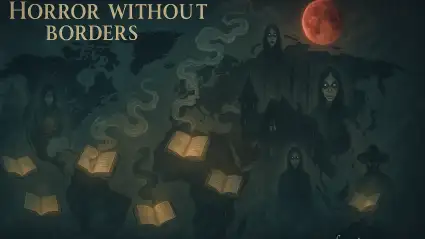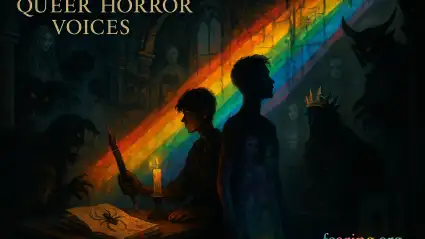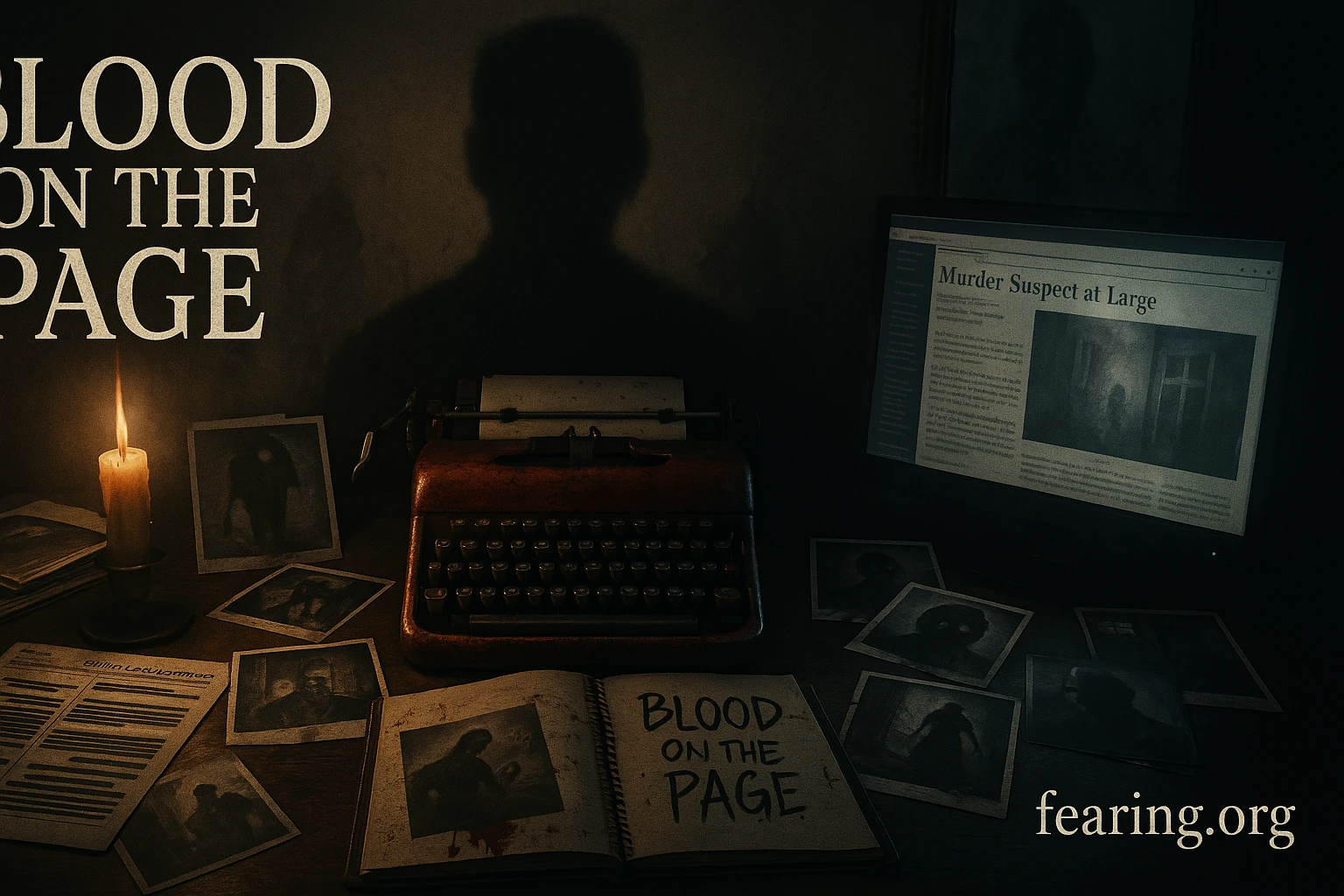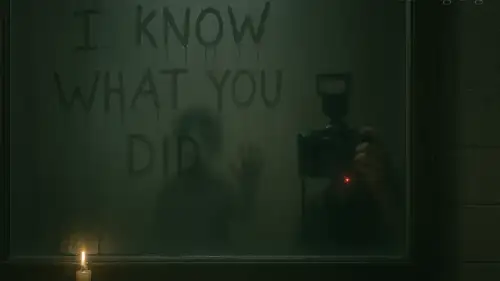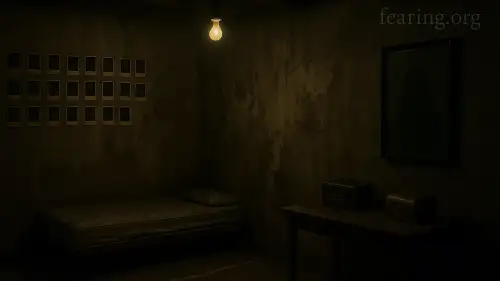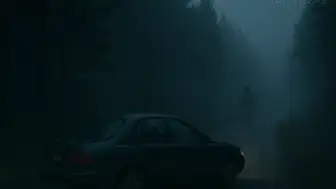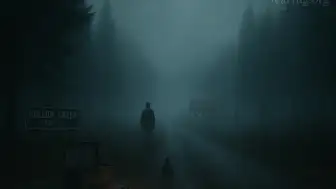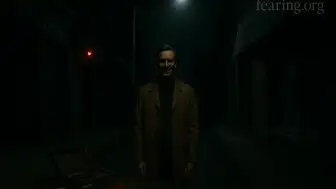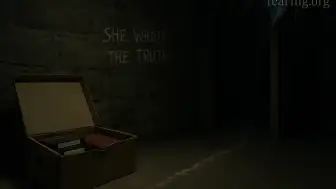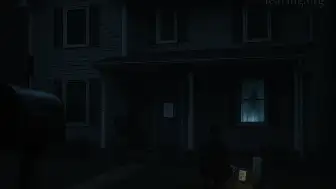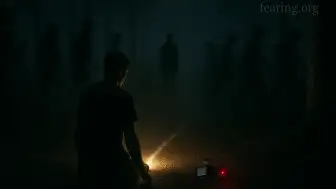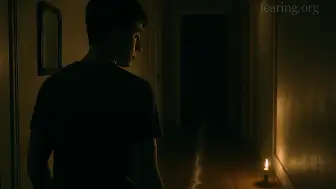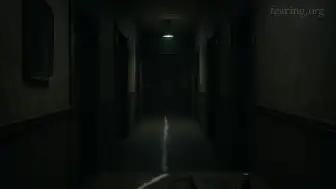At first glance, horror and human rights may seem like strange bedfellows. One deals with fear and fiction, the other with justice and reality. But dig deeper into the haunted pages of modern horror literature, and you’ll find a different truth—one where the screams echo beyond jump scares and bleed into real-world injustice. Horror is no longer just about monsters under the bed; it’s about the monsters we allow to walk free.
"The greatest horrors aren’t conjured in shadows—they’re sanctioned in daylight."
In this article, we’ll explore how contemporary horror literature tackles human rights issues such as systemic oppression, gender violence, displacement, racism, and censorship—turning terror into testimony, and fiction into a tool for radical empathy.
🔍 Horror as Social Mirror: A Legacy of Resistance
From Mary Shelley’s Frankenstein to Toni Morrison’s Beloved, horror has long held a mirror to society’s most uncomfortable truths. These stories weren’t just scary—they were warnings.
Frankenstein explored scientific hubris and marginalized identity
The Lottery by Shirley Jackson critiqued blind tradition and mob justice
Beloved gave voice to the ghosts of slavery
This tradition continues today with a new generation of writers confronting human rights violations through unsettling prose.
✊🏾 Racial Injustice and Horror
Racism is one of the oldest horrors in human history—and modern horror authors aren’t shying away from that truth.
Jordan Peele’s Get Out
While a film, its structure is literary: layered symbolism, rising dread, and social allegory
Exposes the violence of white liberalism and fetishization
Victor LaValle’s The Ballad of Black Tom
Rewrites Lovecraft’s mythos through a Black protagonist’s eyes
Confronts Lovecraft’s racism while preserving his cosmic dread
Tananarive Due
Her work often explores the psychological aftermath of generational racial trauma
Racial horror fiction doesn't invent fear—it documents it.
:::warning 🩸 Racial injustice in horror is not metaphor—it’s reality painted in blood and ink. :::
🧠 Mental Health, Trauma, and Institutional Abuse
Horror gives voice to pain that often goes unheard:
Asylums become metaphors for gaslighting and suppression
Possession becomes symbolic of PTSD, depression, or anxiety
Haunted houses echo domestic abuse and emotional imprisonment
Books like:
A Head Full of Ghosts by Paul Tremblay
Tender is the Flesh by Agustina Bazterrica (consumption as metaphor for systemic cruelty)
...use grotesque horror to comment on the exploitation of bodies and minds.
"In horror, the monster isn’t always the creature—it’s the system."
🏳️🌈 LGBTQ+ Rights and Queer Horror
Queer horror has become a frontline for representing marginalized identities:
Carmen Maria Machado writes about gendered violence, bodily autonomy, and queer love under siege
Manhunt by Gretchen Felker-Martin tackles trans survival in a dystopia
The Devourers by Indra Das blends shapeshifting mythology with queer intimacy in colonial India
These stories resist erasure. They take up space in a genre that once painted queerness as monstrous.
🌍 Displacement, Borders, and the Immigrant Experience
Modern horror literature also reflects the terror of displacement:
Immigrants haunted by literal ghosts of homeland trauma
Refugees navigating systems that dehumanize
Language loss as a form of identity death
Notable works:
The Book of M by Peng Shepherd
Exit West by Mohsin Hamid (not horror, but haunting)
Children of the New World by Alexander Weinstein
These texts use horror to reframe migration as survival horror.
⚖️ Gender Violence and Bodily Autonomy
In today’s horror fiction, the female body is no longer just a site of violence—it’s a battleground for justice.
The Power by Naomi Alderman imagines a matriarchal shift—but at what cost?
Her Body and Other Parties by Carmen Maria Machado makes trauma visible, lyrical, and devastating
The Need by Helen Phillips plays with maternal fear as existential dread
Writers weaponize horror to challenge patriarchal control, reproductive oppression, and sexual violence.
:::tip 🔥 Modern horror doesn’t ask permission to talk about rape, abortion, or rage. It demands it. :::
📵 Censorship, Surveillance, and Authoritarianism
Dystopian horror thrives in societies where truth is controlled:
1984 by George Orwell remains a cornerstone
The Memory Police by Yoko Ogawa explores state-erased history
V for Vendetta, though graphic, is a chilling blend of horror and rebellion
Today, horror responds to internet suppression, identity tracking, and the psychological toll of living under watch.
"Silence is the scariest sound when it’s enforced."
🧠 Empathy Through Fear: Why Horror Works
Why use horror to talk about human rights?
It bypasses intellectual defenses
It engages the nervous system
It lets the reader feel injustice instead of just understanding it
Horror builds bridges through adrenaline. It evokes visceral empathy.
Books like The Only Good Indians by Stephen Graham Jones or Zone One by Colson Whitehead take horror tropes and bury raw truth inside them.
Horror doesn’t just expose suffering—it insists we sit with it.
In the age of disinformation and denial, horror becomes a record-keeper. It catalogues what others ignore. It screams when polite society whispers. It points to the masked cruelty hiding behind laws, faith, and order.
And in doing so, it becomes more than fiction—it becomes testimony

